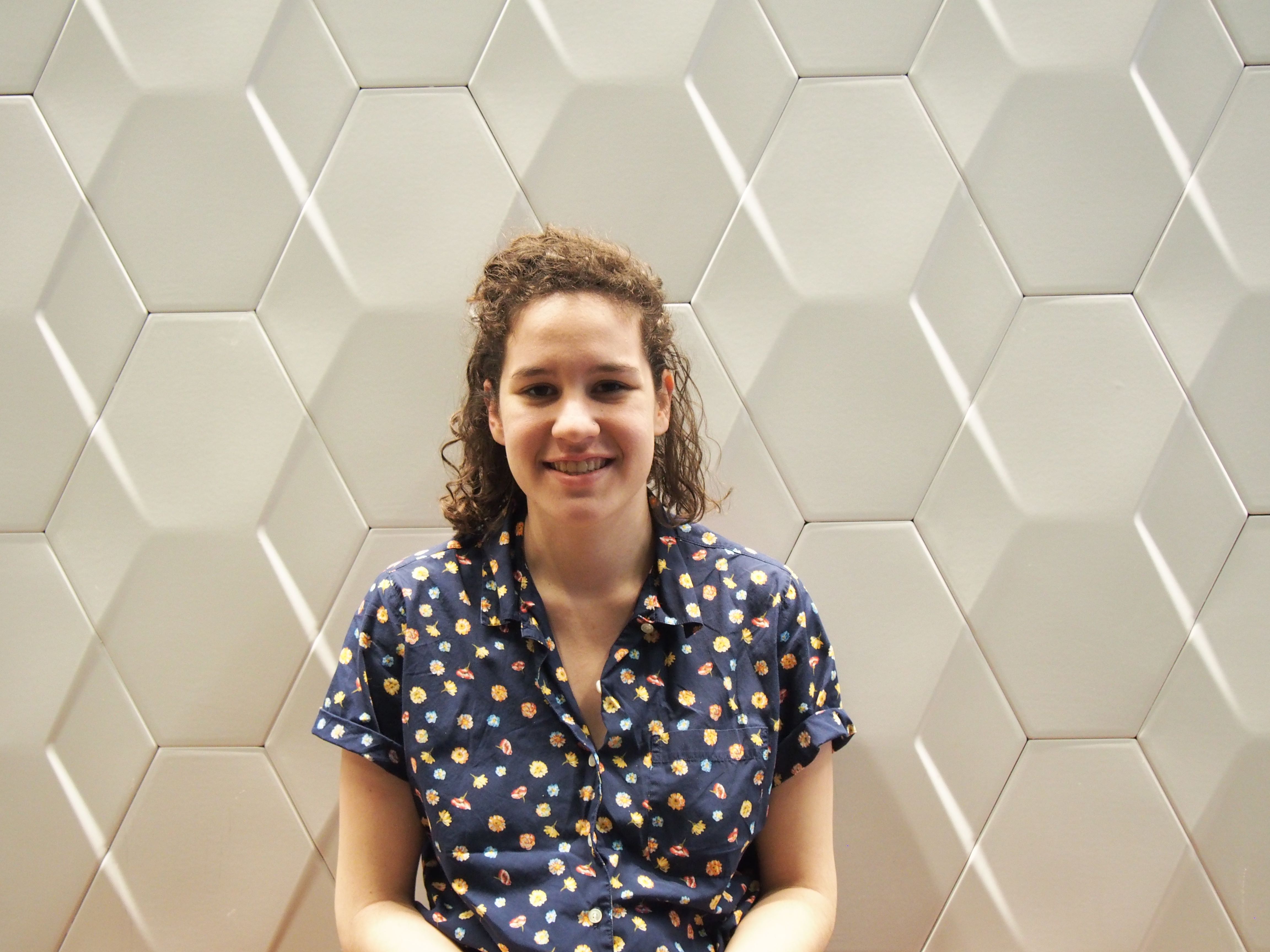Reflection: Sleuthing
We asked our END student researchers to reflect on some aspect of their experience this summer.
Prior to my employment at END, I’d never seen an 18th century edition of a novel (or, frankly, many contemporary editions of 18th century novels, either. The earliest book I’ve read is Huck Finn.) so many of the day’s common paratexts and features were unusual and surprising to me. I’d never seen the word ‘advertisement’ used to refer to anything besides a product listing, I’d never heard of a subscribers’ list. I’d never seen books with titles 20 words long, and didn’t understand why those titles had so many semicolons in them. I’m a social scientist at heart, however, so the vast majority of my questions focused on the social world that produced the book-artifacts I held in my hands. How did this book move from my mind of the original author to my foam cradle at UPenn’s Van Pelt-Dietrich Library, summer 2016?
As a result, I came to love the 700 and 710 fields of my catalogs. In these fields, all of the nonfictional names in a book’s paratexts are listed and, if possible, authorized. The author of the text, the authors of the paratexts, the author of the epigraph, a former owner whose name appears on a bookplate or in an inscription, etc. In the best of circumstances, I can just search a given full name on VIAF, find it, an authorize it. Rarely, however, is this the case for the set of novels we’re cataloging. For many names, only a last name exists, or none at all. In more challenging circumstances, a library bookplate has covered up an inscription, or else the inscription was written in some illegible hand. In many cases, as with the names of subscribers, the identities of these names are impossible to authorize, if I were to embark on such a task, even with a full name given.
While I could easily just leave a name unauthorized, I have come to enjoy the obscure successes of matching the name in a book to a name online. I’ve become a literary internet sleuth, combing through bad OCR of a dictionary of Scottish emigrants to Canada, or census lists and marriage licenses for small Virginia towns, or, my slightly morbib favorite, entries on findagrave.com. A book I cataloged recently featured a bookplate signed by the man whose residence, (according to an odd post on an odd website, www.askaboutireland.ie) hosted one of the first meetings of the Westmeath Hunt Club, an Irish organization of recreational hunters who made use of foxhounds. Another had a subscriber named Preserved Fish, a name that is, amazingly, not exclusive to this subscriber–there are at least two others, but this subscriber is the only one from Vermont. One inscriber was the close relative of an Australian colonist responsible for instigating biowarfare on an Aborigine community (He sold them poisoned flour).
My most frequent and most successful 700s Google expeditions are for the first names of publishers, printers, and booksellers listed only by their last name. Only rarely do I have the pleasure to find interesting back stories. Regardless, my frequent Internet detours have all been an incredibly interesting exercise in what search engines can and cannot do. In my conversations with librarians, and the history of librarianship, I’ve heard often that the advent of the Internet and Google at one time appeared to threaten the entire profession. If someone can simply type in keywords into a search engine, then of what use is a librarian’s research skills and resources? Though I knew when I started that libraries and librarians are indispensable institutions, my constant (but enjoyable!) slog through the 700s has proven that to me in full.
Google’s ability to predict what exactly it is you are looking for continues (terrifyingly) to improve, but I’ve found that its powerful algorithms often still don’t get me where I need to go. I hit paywalls, French blog posts I can’t read, OCR too gibberish-y for me to do a successful command+F search. Google doesn’t know that when I search, for example, “smith dublin printer,” I’m looking for someone, last name Smith, who worked as a printer in Dublin, and not looking for someone, first name Smith, in Dublin, who happens to be selling their ink jet printer on Craigslist. More scholarly search engines like VIAF or WorldCat or the ESTC or ECCO or the Oxford Biography Index &c. &c., are helpful in some ways but not in others: they often store more relevant and specific information, but at the cost of navigating a badly designed user interface and poorly linked data.
While I look forward to the web sleuthing of the 700s fields in each book I catalog, I’m so grateful when I find the information I need quickly and accurately. Working at END has encouraged me to rededicate myself to providing accessible, precise, user-friendly data, online and in print. I think more critically now about tagging, error-free text transcriptions, data organization, and online interfaces. The internet does a lot for libraries, and libraries do a lot for the internet, and my trials and victories in the 700s fields have me excited for the future of that relationship.
